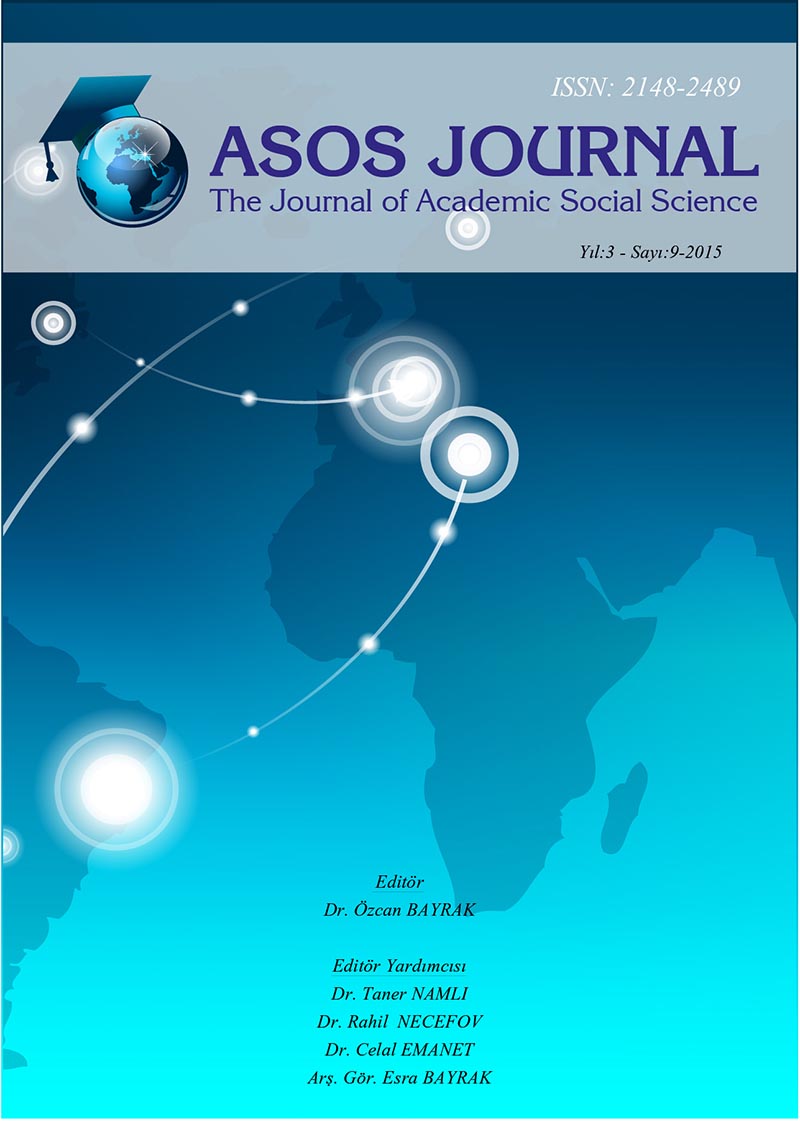ANTİK YUNAN RETORİĞİ’NİN ÇÖKÜŞ ZANLISI OLARAK HATİP DEMETRİOS Yahut ANTİK ZAMANLARIN SON GÜNAH KEÇİSİ
Author :
Abstract
Şiddet kavranımının, yahut teriminin, yahut kelimesinin, yahut da “laneti”nin ilk insanın oğullarına kadar gittiğini söylemek meselenin önemini anlatmaya kafi gelmelidir. Şiddetin bir teşvik unsuru olarak kullanılması retorik ustası için hem bulunmaz bir nimettir, hem de geri patlaması kuvvetle muhtemel bir silahtır. İçerikte “intikam” almak yahut ezilen onurun/gururun telafisi vaadi yatıyorsa toplulukları (toplum olamamış kalabalıkları) galeyana getirmek hiç de zor değildir. Olağan dışılıkların düzenlenmesi, sorunların çözümlenmiş gibi gösterilmesi yahut en azından öfkenin yatışması için her zaman bir “günah keçisi”ne ihtiyaç vardır. Bu unsuru mimesis açısından ele alıp Antik Yunan retoriğinin çöküş zanlısı olarak görülen Demetrios’u değerlendirmeye çalışacağız.
Keywords
Abstract
The concept of "violence", or term, or word is very important because it goes back to the son of first man. This is a blessing for rhetorical master that violence is valid as an element for the encouragement. It is probably also a weapon that can explode back. If the content promises a piece of revenge or the reperatur of destructive glory, then aggression takes place simply for the community (the masses could not be society) The public always needs a "scapegoat" for regulation of exceptions to show that the problems have been erased or at least subside to the anger. We will try to analyze these elements in the perspective of mimesis. Then we try to explain why Demetrios is suspicious for the collapse of the ancient Greek rhetoric.
